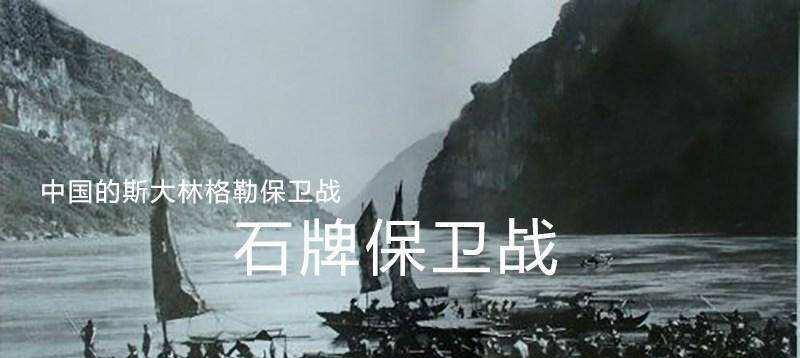During the War of Resistance Against Japan, the Japanese army was well-equipped and well-trained, and in order to fight against such a strong enemy, it was necessary to consider choosing the right time to attack in order to succeed. So, the question is, in the War of Resistance Against Japanese Aggression, when is the time generally chosen to attack the Japanese army most effectively and successfully? Do you choose day or night, or morning, morning, noon, or afternoon? Let's take a look at a few real examples.

During the Shipai Defense War, there was a veteran of the War of Resistance against Japanese Aggression who fought several battles with the Japanese army in a place called Wang Jia Dabao, and the fight was very fierce. He said: I have participated in several death squads and sneaked up on the Japanese army. We sneak attacks at dawn. Once, a few of us went up, touched the grass only a few meters away from the Japanese, and then used the bayonet to solve the Japanese sentry, and the devil did not even have time to hum.
For example, in the Xifengkou Victory in 1933, the 29th Army's large knife team also chose to sneak up on the Japanese army at night, and the results were brilliant. From the night of the 11th to the morning of the 12th, the 29th Army's large knife team killed a total of 300 Japanese troops, and only suffered more than 50 casualties, setting a number of precedents! Since the Japanese army invaded the northeast, the resistance encountered was mild, and they all undressed and slept at night, and their security was lax and arrogant to the extreme. After this great victory, everyone in the Japanese army slept with a gun in clothing, and even some people slept at night wearing steel helmets to prevent being beheaded!
For example, the Eighth Route Army's night attack on Yangmingbao also chose to be in the night to early morning, the sky was just dark, the 769th Regiment of the 129th Division of the Eighth Route Army, with the help of the local masses, concealed and infiltrated the airfield built by the Japanese army in Yangmingbao, suddenly launched an attack, after more than an hour of fierce fighting, annihilated more than 200 Japanese troops, destroyed more than 30 aircraft, and effectively cooperated with frontal battlefield operations. This battle was another major victory won by the Chinese army after the Ping-type Guanda Victory and the Yanmen Pass Ambush Battle cut off the Japanese army's transportation line, and it became the headline news of the War of Resistance for a while!
From the above examples, we can conclude that the general choice is to attack the Japanese army at dawn is the most successful. Because this time period is the easiest to succeed, one is that the Japanese army has been on alert all night and is sleepy; the other is to take advantage of the darkness before dawn, and it is easiest to sneak under the eyes and noses of the Japanese army to launch an attack. Do you say yes or no? Feel free to share your opinion! Like friends remember to like and follow, we will see you in the next issue.